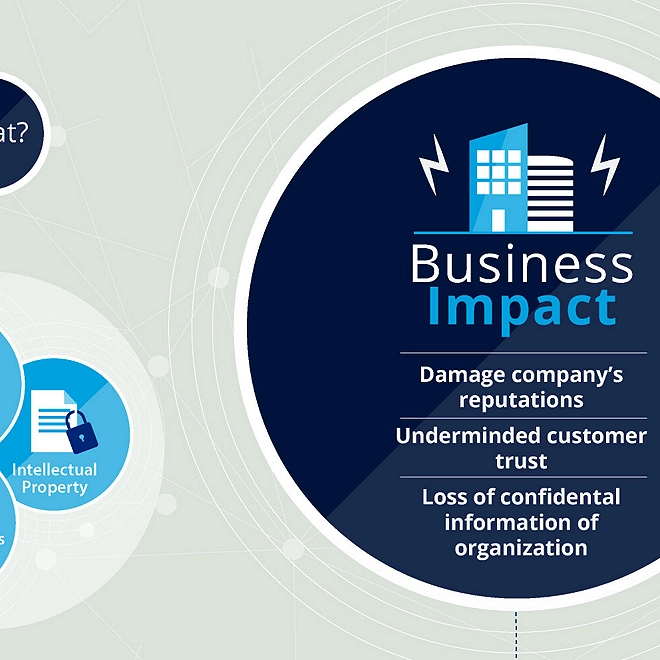BREXIT and the Transfer Agent
Transfer Agency Services
The Transfer Agent has, by necessity, developed an investor service that is designed to meet a whole suite of domestic and international regulatory, tax and investor reporting requirements. This service allows asset managers to domicile a fund in Ireland, or outsource fund services from another domicile to Ireland whilst still ensuring that the rules of the domicile of both the fund and the investor can be met on a continuous basis. Transfer Agency has become less about the processing of subscription and redemptions (which are mostly automated), and more about the regulatory and tax compliance of the investors and the domestic and international reporting requirements of the funds in which they invest. Every time the EU introduces a new regulatory or reporting obligation on funds (i.e. the evolving Anti-Money Laundering, Data Protection, Regulatory and Tax Reporting requirements), Transfer Agents adapt their operating models accordingly. When the US introduced FATCA, Transfer Agents prepared for years for its implementation, similarly when the OECD agreed the Common Reporting Standard for the automatic exchange of information between member countries, significant planning and expense was incurred by Transfer Agents.
These changes usually require assessment, planning, system redesign and development, updated documentation, asset manager engagement, investor communication, enhanced reporting capabilities, new documentation standards, updates to fund prospectus etc. It is almost formulaic, but is invariably resource consuming and costly.
BREXIT What-ifs
Because of the nature of BREXIT, the impact on Transfer Agents has the potential to have a similar impact to any other change at an EU level or in a significant investor domicile. However, the actual impact will depend on the status of the UK post BREXIT and any other arrangements that the UK makes with its neighbouring and overseas counterparts. We ask the following questions of the post-BREXIT world:
- What if Irish domiciled funds can no longer distribute in the UK?
- What if the tax status of an Irish domiciled fund changes for UK based investors?
- What if the UK increases its regulatory reporting requirements for UK residents investing in offshore funds?
- What if EU investors can no longer invest in a UK domiciled fund?
- What if UK based distributors of EU funds need to move to an EU country to continue distributing?
- What if Jersey, Guernsey and the Isle of Man can no longer have their funds serviced in Ireland?
- What if UK Asset Managers must have a presence in Ireland in order to launch an Irish fund?
- What if the UK changes its anti-money laundering rules and is no longer considered an ‘equivalent country’ to an EU country?
- What if the UK chooses to no longer participate in FATCA or CRS?
- What companies listed on the London Stock Exchange can no longer qualify for ‘simplified due diligence’?
- What if UK based nominee companies need to undergo enhanced due diligence before investing in an EU domiciled fund?
Some of these might never become a reality, and there may be other actual unforeseen effects of BREXIT, but the astute Transfer Agent is starting to think about these scenarios and how it will respond.
Impact Assessment
Whatever the outcome, given the effort involved for even some of the smallest changes e.g. a change in the format of a Tax ID, or an additional AML documentation requirement, it is worth assessing the potential impact now in order to assess the ease with which the worst case scenario will be dealt with. There are unanswered questions, but simply knowing the question is enough to perform an impact assessment.
We can help now, to establish the questions that you should be asking to measure the potential impact of those what-ifs. For more information please see below contacts.
